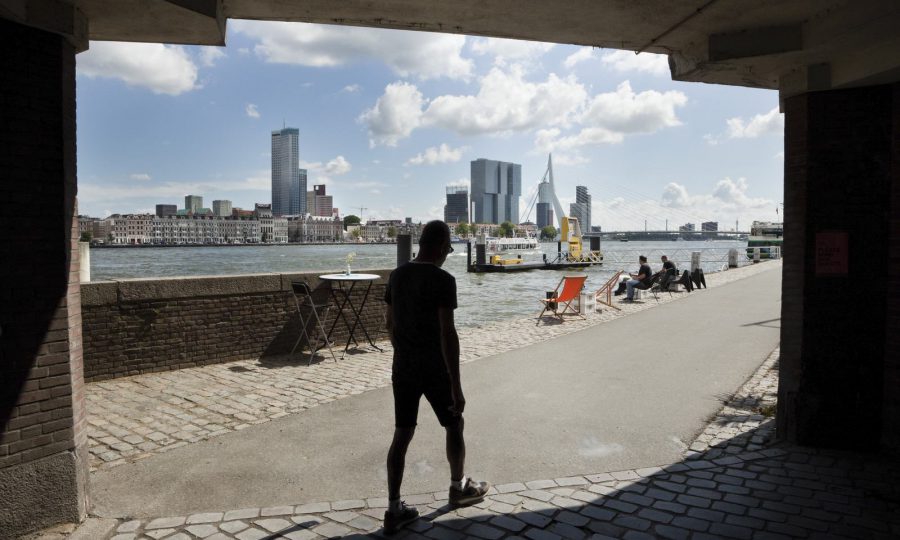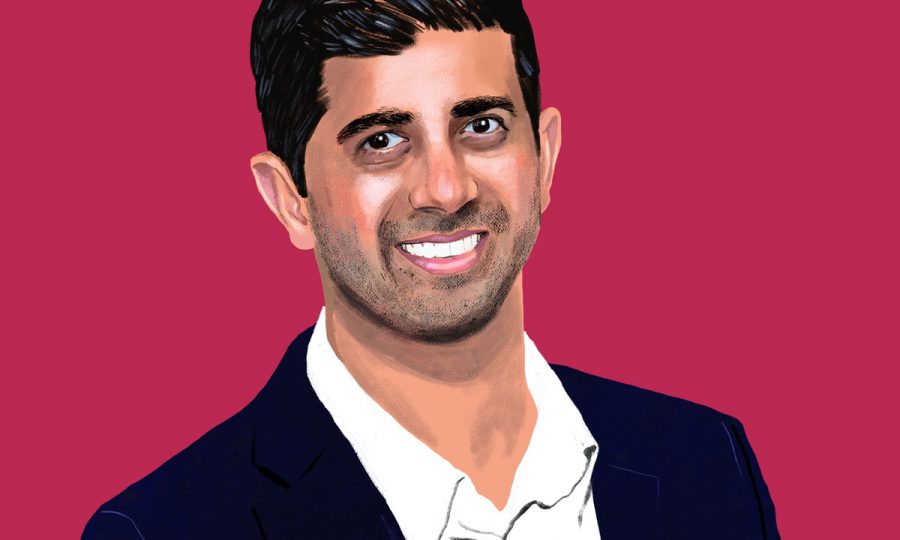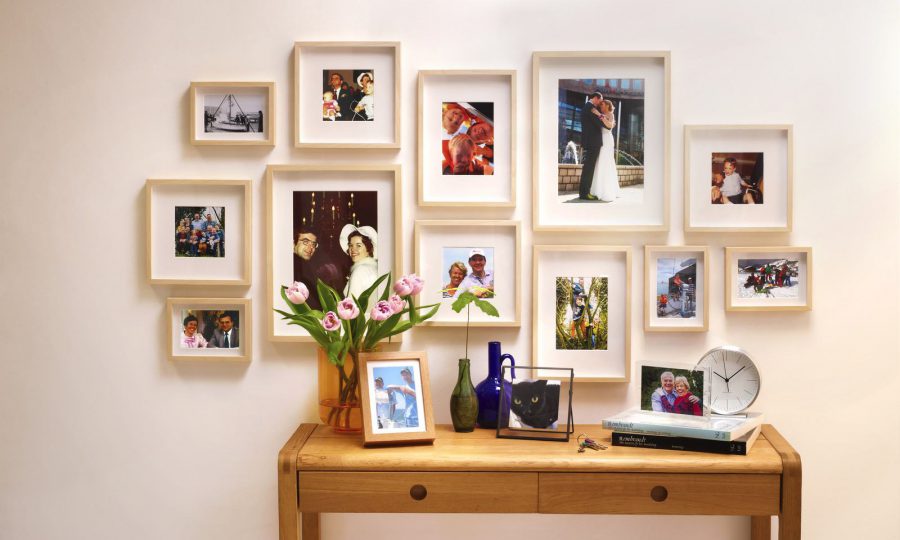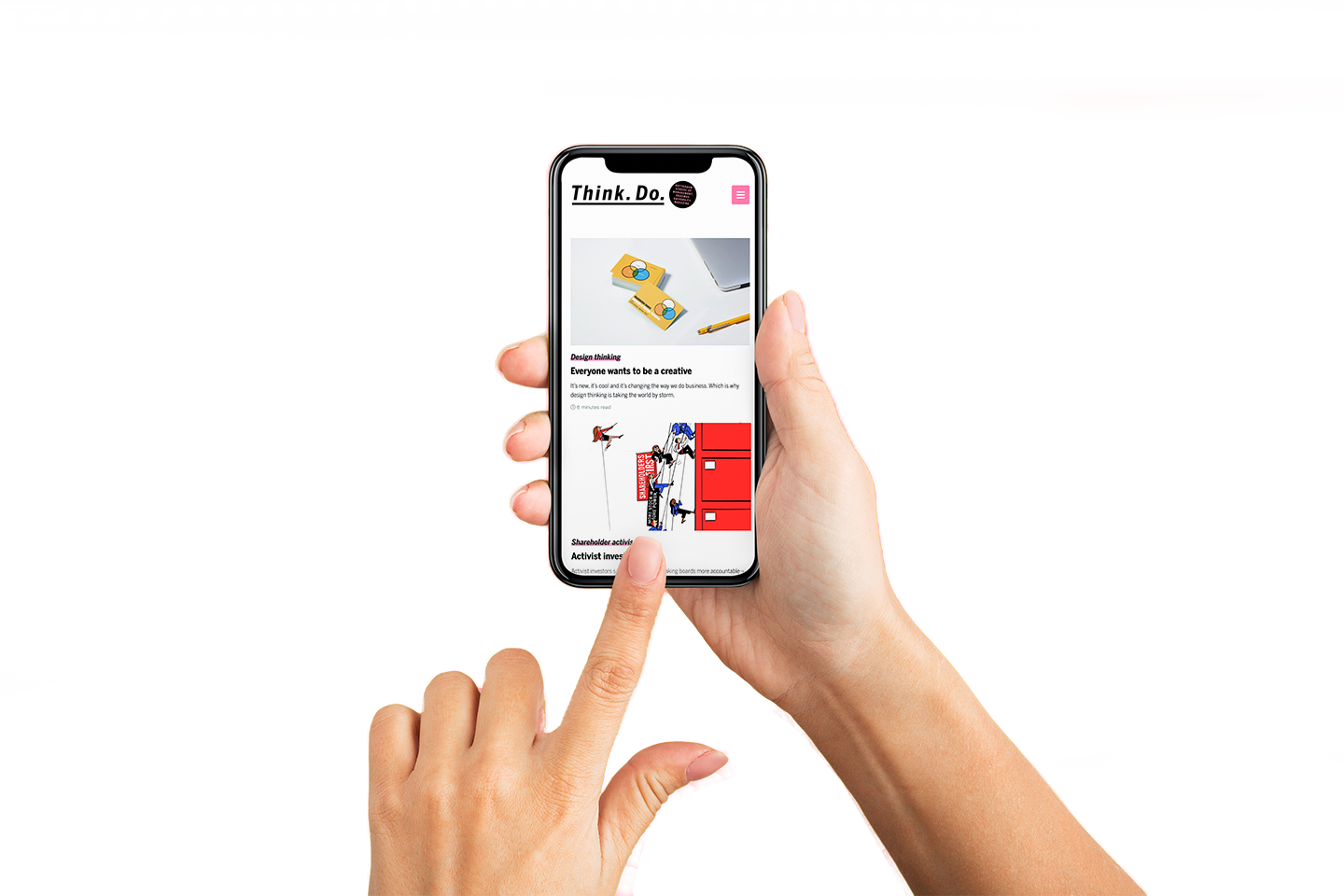Meeting the challenge of Covid
COVID-19 is one of the biggest challenges we will face in our lifetime. As the world looks for a vaccine, every sector of the economy is considering how to respond – and stay solvent.
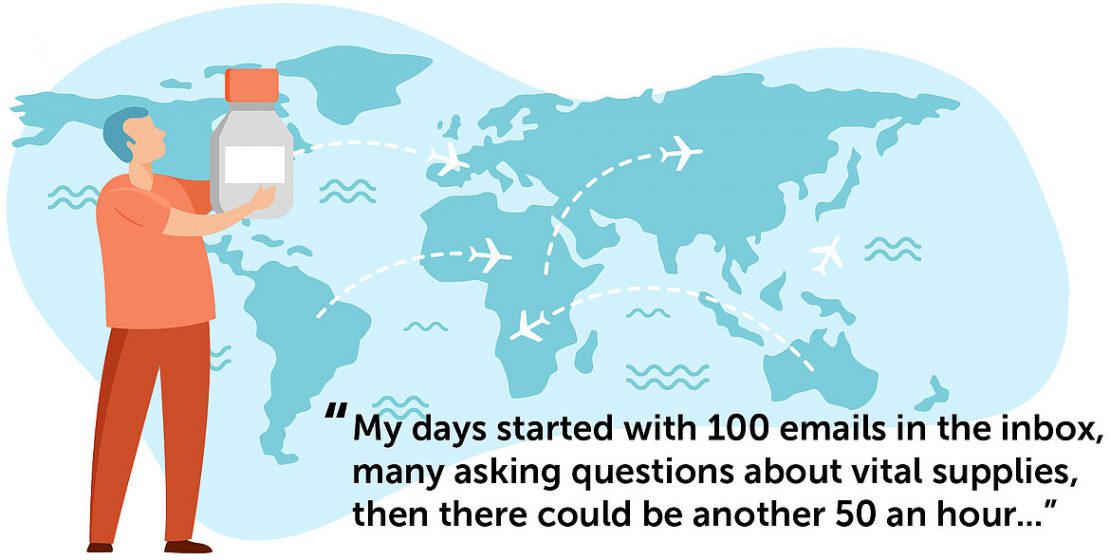
Many RSM alumni in healthcare are at the forefront of tackling the effects of the virus, using their business skills in ways they would never have imagined when they graduated.
Three of them have agreed to share how their career has changed in the ‘new normal’.
Dr Chantal Lie Tjauw (MBA, 2019) is a Project Manager Office (PMO) Manager at Zorgservice XL. After medical school, she became a resident in neurosurgery. Chantal now works for a non-profit Group Purchase Organisation (GPO) with six hospitals in and around The Hague; she combines her medical knowledge with business expertise, gained at RSM, to make sure everyone gets the right supplies as cost-effectively as possible.
“Everything went crazy when COVID reached its peak in mid-March,” she says. “My days started with 100 emails in the inbox, many asking questions about vital supplies, then there could be another 50 an hour. I became the information hub between the hospitals and the GPO and sometimes had to work until midnight to clear them, as I knew there would be another hundred coming in overnight.”
“To give you an idea of what I was dealing with, ventilator systems use essential disposable medical devices to control air pressure and filtrations. As demand for these materials became eight to ten times higher than usual, not only in the Netherlands, but globally, there was a major shortage. Most of these disposables will only work on one type of machine so we had to find and approve alternatives, check that they would work safely and advise our hospitals on how to use them.”
Economic analyst Tony Salvatoriello (MBA, 2019) was a year into his role as Hospital Economics Manager at Philips when coronavirus hit the headlines. The leading healthcare company quickly changed its operations to quadruple ventilator production and completely re-assess its business.
“I used financial modelling to improve how we work with hospitals in the United States, now I’m helping the company understand how COVID will impact US hospitals, financially. They could lose something like $500billion, that’s 13% of their earnings, partly because of elective surgery cancellations.”
Working from home in his apartment in Amsterdam, Tony finds the analysis work satisfying but is concerned how friends and family in the US are faring.
“It’s hard to see on TV what’s going on at home while I’m safe here in the Netherlands. I’m starting to hear about people I know who have contracted the disease and I’m sad I won’t be able to get back to see them for a while.”
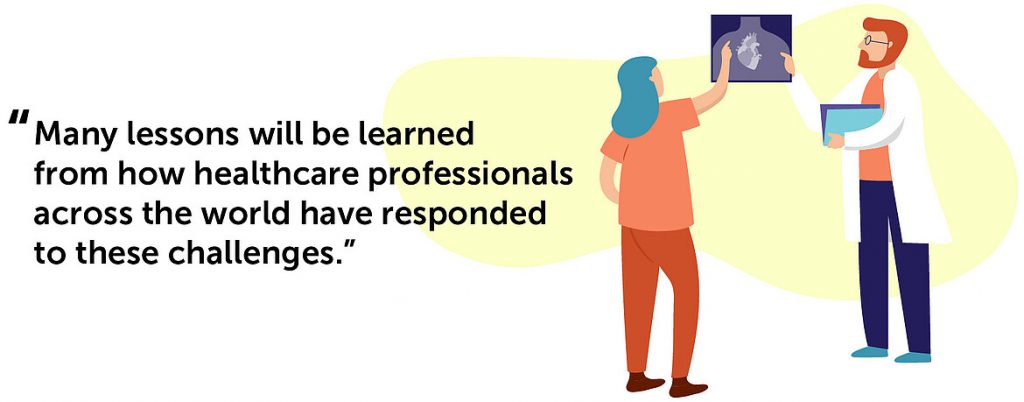
Nir Kaminer (MBA, 1998) is the founder of Medical Reviews International, which helps healthcare organisation to improve clinical outcomes and reduce claims costs; he is now based in Munich. He predicts the healthcare industry will look very different in the future, as it recovers from the shock of the pandemic. Nir is already ahead of the curve as his company is advising health insurance companies on how to improve efficiency. MedRev International was launched following a contact with a member of the RSM alumni network.
“Many lessons will be learned from how healthcare professionals across the world have responded to these challenges. Different countries have adopted different responses and we need to find out what has worked best. Sweden, for example didn’t close down its economy and has higher infection rates than its Nordic neighbours but it claims it’s achieving herd immunity.
“Technology is already being used to good effect. Telemedicine will become commonplace, so you won’t always have to go along to a physician’s office to be diagnosed and treated.”
All three alumni say their MBA studies have been pivotal in their careers.
Chantal knew gaining a good business degree was essential if she was to succeed in management.
“The MBA was an eye-opener. I met so many people from different professional backgrounds at RSM and learned to change my thought processes from not only the people I have met, but also the lectures and discussions in courses like communication and strategy.”
“Healthcare is changing beyond pure medicine and has become far more commercial. That’s why I wanted to take an MBA. Doctors talk about innovation but when you’re in the clinic, you tend to stick to what you already know. We are still trained in a traditional way that, more often than not, doesn’t welcome challenge with open arms.”
Tony started out as a nursing student in New Hampshire, then changed his major to healthcare management. When he became Financial Analyst in Pharmacy at Massachusetts General Hospital, he knew he needed to broaden and deepen his business knowledge.
“Dutch friends in Boston had enthused about their country and I saw the Netherlands for myself while I was travelling in Europe. I checked out Rotterdam School of Management and liked what I saw. I was delighted to be accepted as an MBA student.
“The advanced courses on statistics and finance, were challenging, even for the financial experts among us, but I found they were very worthwhile. I particularly enjoyed economics because it uses numbers to tell a story and that’s the core of analysis. I heard about the job opportunity at Philips and applied while I was finishing the MBA. They told me they valued my varied experience in hospitals – and I got the job.”
For Nir, a sports injury prompted a career course from consultancy to healthcare.
“I started off as a management consultant, as many MBA graduates tend to do, specialising in competitive intelligence. After 20 years playing sport, my knees started feeling the impact. I underwent invasive surgery and my recovery didn’t go as quickly as I‘d hoped. After researching the condition, I realised I should not have had the operation. That got me interested in the area of unnecessary care, it’s more common that you might imagine.
“I would say 40 per cent of surgeries could be avoided if people were treated in different and non-invasive ways and that would be better for both the patient and for the system. Through my company Medical Reviews International, we are creating a dialogue between patients and doctors to make sure that both sides understand there are alternatives, using robust and peer-reviewed research.”
While our alumni working in healthcare have been in the frontline in coping with this ‘unknown’ virus since early 2020, the pandemic looks set to affect all of us in one way or another.
